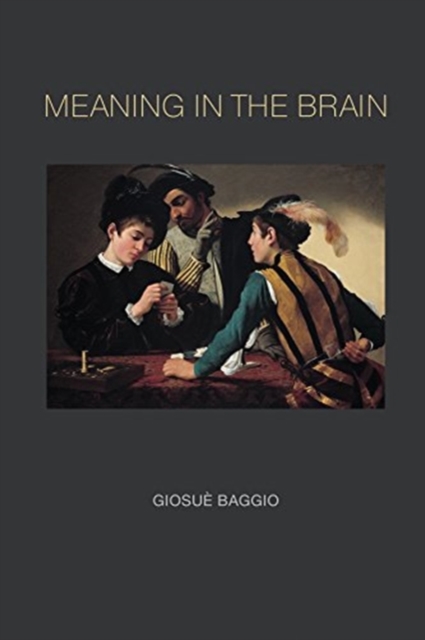CITESTE MAI MULT
Detalii
Descriere RO
An argument that the meaning of written or auditory linguistic signals is not derived from the input but results from the brain's internal construction process.When we read a text or listen to speech, meaning seems to be given to us instantaneously, as if it were part of the input. In Meaning in the Brain, Giosu� Baggio explains that this is an illusion created by the tremendous speed at which sensory systems and systems for meaning and grammar operate in the brain. Meaning, Baggio argues, is not derived from input but results from the brain's internal construction process. With this book, Baggio offers the first integrated, multilevel theory of semantics in the brain, describing how meaning is generated during language comprehension, production, and acquisition.
Baggio's theory draws on recent advances in formal semantics and pragmatics, including vector-space semantics, discourse representation theory, and signaling game theory. It is designed to explain a growing body of experimental results on semantic processing that have accumulated in the absence of a unifying theory since the introduction of electrophysiology and neuroimaging methods.
Baggio argues that there is evidence for the existence of three semantic systems in the brain--relational semantics, interpretive semantics, and evolutionary semantics--and he discusses each in turn, developing neural theories of meaning for all three. Moreover, in the course of his argument, Baggio addresses several long-standing issues in the neuroscience of language, including the role of compositionality as a principle of meaning construction in the brain, the role of sensory-motor processes in language comprehension, and the neural and evolutionary links among meaning, consciousness, sociality, and action.
EdituraMIT Press Ltd
Dimensiuni159 x 236 x 32
Data Publicarii24/07/2018
Format
Cartonata
Numar pagini376
Aceasta este o carte in limba engleza. Descrierea cartii (tradusa din engleza cu Google Translate) este in limba romana din motive legale.
Un argument potrivit caruia semnificatia semnalelor lingvistice scrise sau auditive nu este derivata din intrare, ci rezulta din procesul de constructie interna a creierului. Cand citim un text sau ascultam vorbirea, sensul pare sa ni se dea instantaneu, ca si cum ar fi parte a intrarii.

